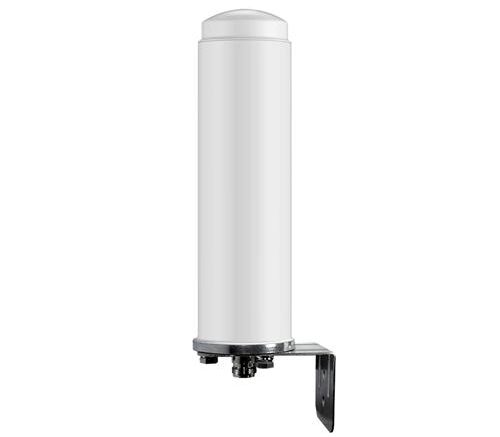Internet at home has always meant a wire. When I was a kid and my dad worked from home, and this was 40 years ago, there was a wire. There’s always been a wire. First it was dial-up, then DSL, and today most of us use some sort of fiber-based internet. But no matter what kind of wire it’s been, it’s always been a wire.
That may be about to change.
Just as landline phone service has largely disappeared in the last decade, wire-based internet may be on the same track. Major cell carriers are working hard to build capacity and increase speeds, and personally I believe that within 5 years, we may see a reasonably-priced home internet solution that doesn’t need a wired connection to the outside.
The trick is getting the price in line. For people out of their bundling or promo rates, 100Mbps internet, the lowest speed you really can deal with if you’ve got teens in the house, is about $70 a month with either a generous data cap or no data cap at all. The same plan from a cell provider could be $300 a month, if that speed’s even available. and would cap out at 100GB, which is enough to watch about 100 hours of video if you don’t use it for anything else. That may seem like a lot but in reality you would probably hit that cap in about 10-12 days with a house full of people. That obviously doesn’t work for anyone.
When cell providers can give us wireless internet that works as well as wired internet, I’m sure most of us will drop our home internet plans and use the cell provider (hopefully AT&T, we’re big supporters of theirs) for all internet. This will open up a lot of competition and make things a lot more interesting in cities and towns across the country.
Cities and towns have long relied on taxes paid by the companies who run wires all around the city. Telephone poles and underground conduits pass through public property, and the taxes that carriers pay are a form of rent. But should a cell provider pay the same taxes if they aren’t using public property?
This is actually the same argument that’s being fought every day in states that are trying to enact a “satellite tax.” Satellite taxes are fair, say cities and towns, because satellite companies provide the same services that a wired cable company provides, and the cable company pays a tax. Satellite companies argue that the tax covers the use of public lands and doesn’t apply to them. Cell providers (including AT&T, who owns DIRECTV) would argue the same.
It seems to me that cities and towns, long used to subsidies from cable companies, are going to fight tooth-and-nail against the idea of wireless internet. One way they could stop it is to deny new petitions for cell towers or to raise taxes on the towers that are put up. There will need to be a lot more internet capacity in order to convert whole neighborhoods over to wireless internet and really, cities and towns do have some control there. Many cities and towns have strict regulations on where cell towers can and cannot go. No one wants to see public lands filled with ugly metal poles or buildings slathered with equipment on all four sides.
These are all temporary issues, though, because I think that the big companies — mostly AT&T and Verizon, but to some extent T-Mobile and Sprint — have a lot of money and they all want a bigger slice of that data pie. I personally imagine AT&T working to convert every DIRECTV satellite customer to full AT&T control including voice calls, home internet, and cell phone use. Verizon, who has come under fire for not upgrading its buried wires fast enough, would love to ditch wires altogether. So, if you think about it, there’s a lot of reason for this to happen and all that’s holding it back is time and money.
And in the end, AT&T (which traces its history to 1885) and Verizon (which, as GTE, dates back to 1918) know an awful lot about time, and there’s no question they have a ton of money. So… count on it.





